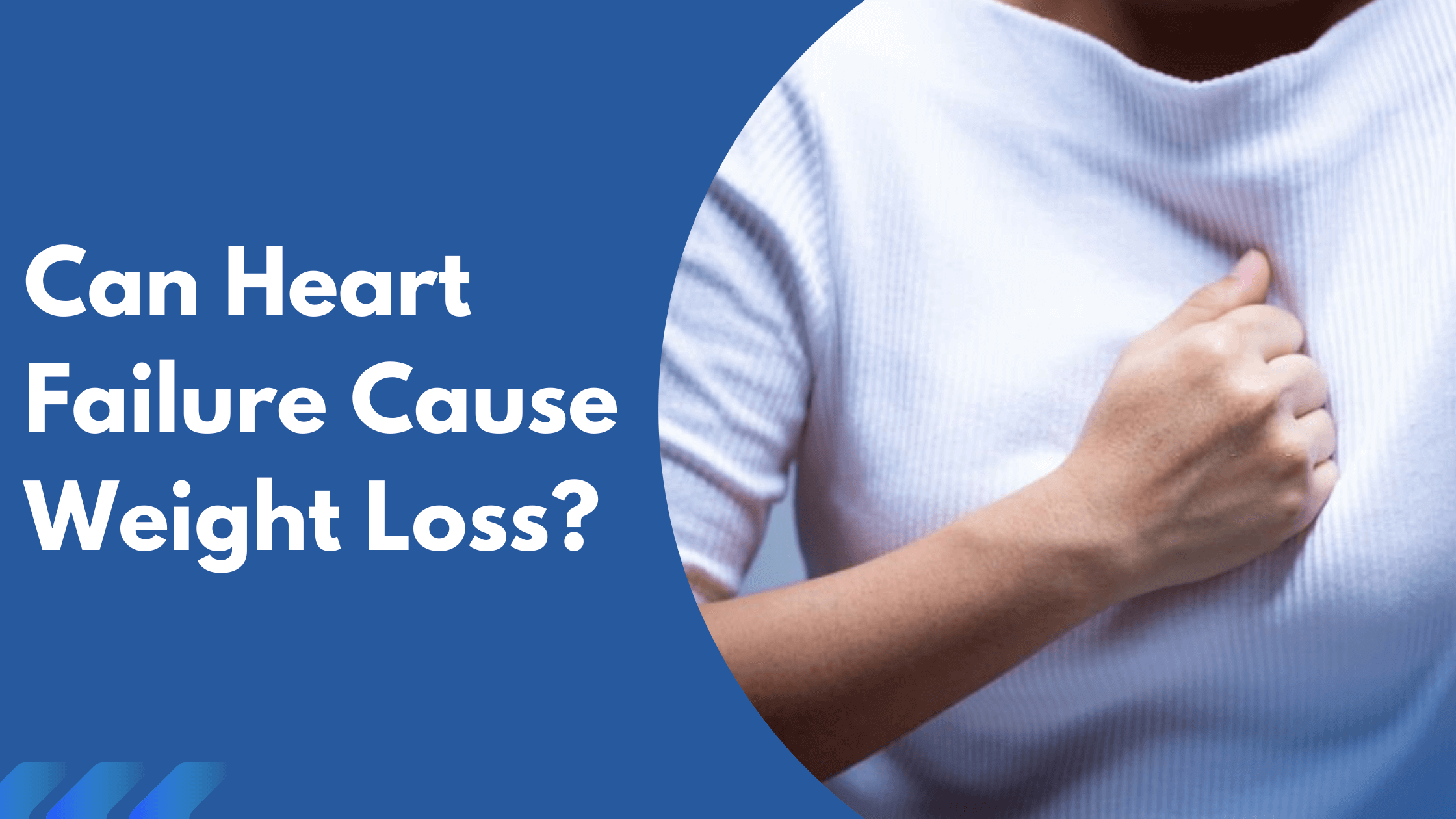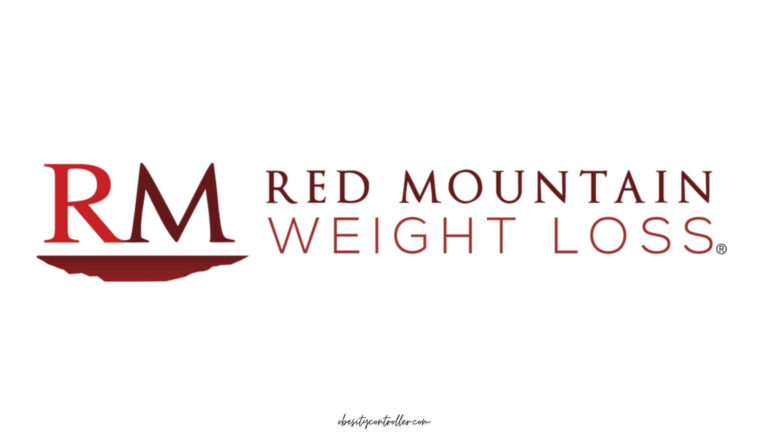Can Heart Failure Cause Weight Loss? All You Need To Know

Weight loss and heart disease are somewhat correlated with each other. Cardiac cachexia is an unintentional, intense weight loss that is caused by heart failure. Those who have had heart failure already, have experienced an unexpected amount of weight loss over a short period of time.
Preventions And Risk Factors During Heart Failure
Research has shown that the impact is drastic in case of rapid weight loss because of low-calorie diets, elevated resistance of insulin, etc.
It is noted that a person with lower than 800 calories per day also experiences a temporary but significant decline in cardiovascular functions.
Weight Loss Risk Factors
There are several reasons that cause weight loss in this scenario. Some of those are –
- Lack of blood flow – It is observed that the reason for weight loss after a heart failure may occur from lack of blood flow to the gastrointestinal tract. Low blood flow surrounding the gastrointestinal tract can make the body harder to absorb nutrients and vitamins that move through the body. People have a drastic weight loss, have the lowest intestinal blood flow.
- Mental health – Mental and psychological health plays a significant role in heart failure and weight loss as well. Nowadays many people are suffering from anxiety and depression, though it varies from person to person it impacts somewhat the same on weight loss and congestive heart failure.
- Previous illness – Sometimes an existing health condition can lead to heart failure. Patients who have diabetes, blood sugar, or similar diseases usually experience a higher chance of heart failure as compared to a normal person. This can result in even poorer metabolism and overall loss of muscle mass.
How Does Heart Failure Happen?
Congestive heart failure, often called CHF and more often just called heart failure occurs in the body when the heart fails the pump blood as well as it should, as a result, the body doesn’t get as much blood and oxygen as it needs to work well. At that point the body wants the heart to work harder, so the heart tries to respond by either getting larger in size or beating faster.
Either way, the heart has trouble keeping up so fluids start to build up in the legs, the stomach region, and around your lungs, making it hard to breathe air and hard to walk. Initially, you will gain weight rapidly due to excess fluid that builds up in your body, but ultimately it results in loss of appetite which is directly related to weight loss in some cases.
Fluctuations Of Weight Is A Warning Sign :
When you lose weight after heart failure, most often it happens due to loss of muscle mass. Similarly, when you rapidly gain weight from one day to another or one week to another, that rapid weight gain is not body fat. It’s actually excess fluid building up in your body. If you’re not careful, it can actually lead you to land in the hospital.
Preventive Measures
- Weigh yourself every morning the same way after going to the bathroom and before drinking or eating anything. You want to wear pretty much the same clothes every day while you are weighing yourself. This can help you avoid more serious problems that could lead to hospitalizations. If you gain or lose 3 to 5 pounds in a week or if there is a sudden increase or a decrease of weight in a single day, that’s when you need to call your doctor or your nurse to get some advice about what you should do because fluctuations in weight put a lot of extra work and stress on the heart.
- Always maintain a strict diet. You don’t want to put stress on your heart. What gives your heart extra work to do is extra fluid in your body. The more you accumulate fluid, the harder your heart has to work. And your heart is already having trouble just doing the normal job it has to do. Focus on a low sodium diet because sodium has a bad rep of storing fluid in our body. Also, you need to make it easier for the blood to flow which involves keeping your blood vessels clear. You have blood vessels in your body that get clogged up by cholesterol. Ensure that you are adding no kind of unhealthy fat (namely, trans and saturated fatty acids) to your diet. Eat good sources of fiber so you can help keep your arteries clear.
- It is also important to remember to take your medications regularly as prescribed. Believe it or not, if you don’t take the medications they don’t do any good. Sometimes patients find it hard to take medications every day or they are forgetful. In that case, you have to learn what little tricks work for you to remember to take your medications regularly.
- It is recommended by the doctors to have exercised regularly. It can help you shed a few extra pounds of fluid from your body as well as build up some lean mass. A caution though, you don’t want to do an exercise that’s not recommended. So make sure that it’s something your doctor suggests that you’re doing and is suitable for you in your medical condition.
- Manage your blood pressure, cholesterol, and your blood sugar levels. All of these things affect the health of your heart. If the rates are high or abnormal then that can lead to more heart damage and that makes everything even more difficult, so these are things to keep an eye on.
- Avoiding alcohol and tobacco is a must. Adding alcohol or carcinogenic agents from tobacco with your blood can lead to the thickening of the blood and damaging blood vessels all over your body.
In A Nutshell
Remember, not everybody has a limit. but if you need the recommendation to limit some key elements in your life, here it is. food wise, limit sodium, increase the number of fruits, vegetables, beans, nuts, fish, and lean meats in your diet and make healthy food choices. These can really help you have better outcomes, a better quality of life, and feel better.





